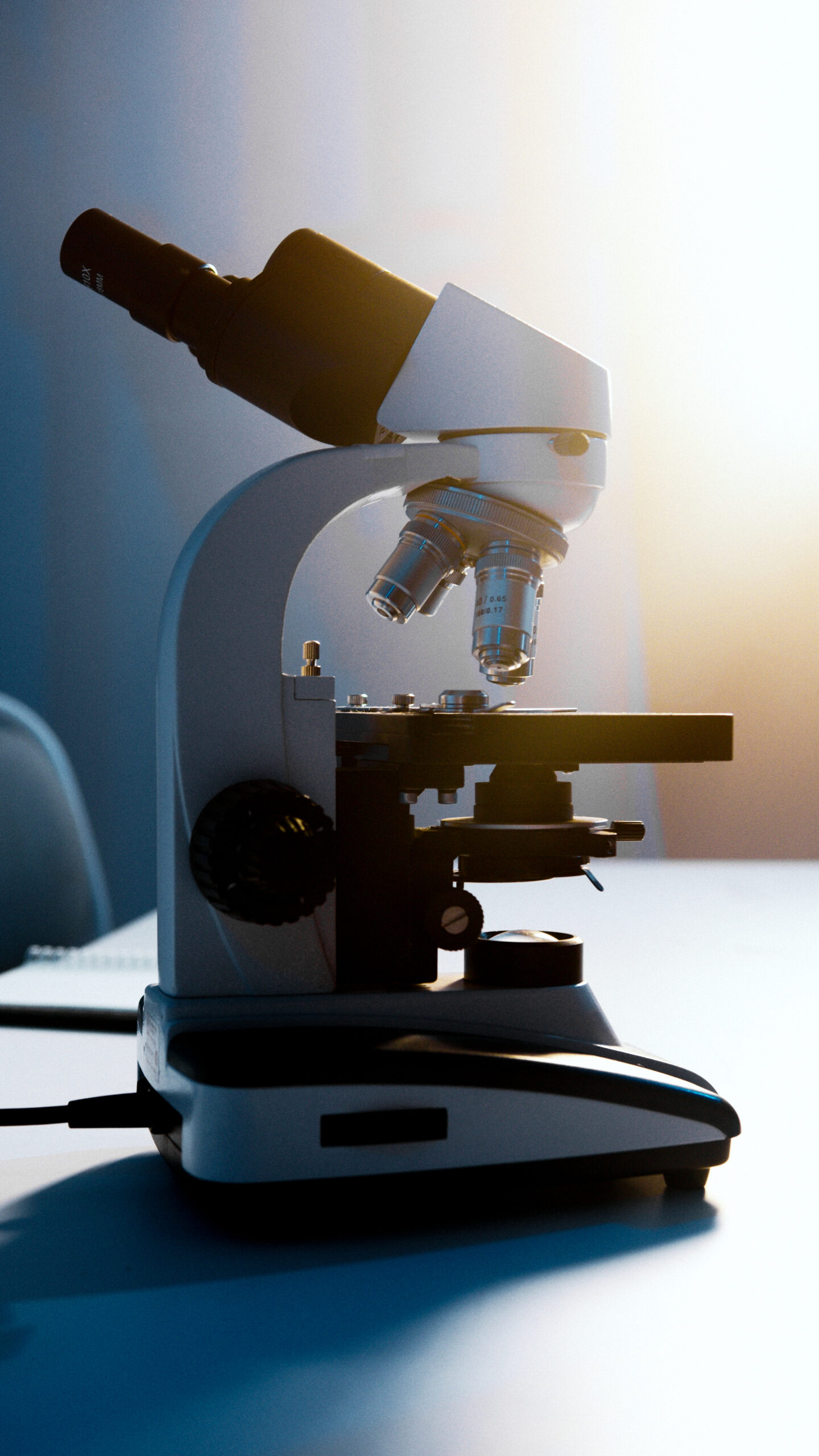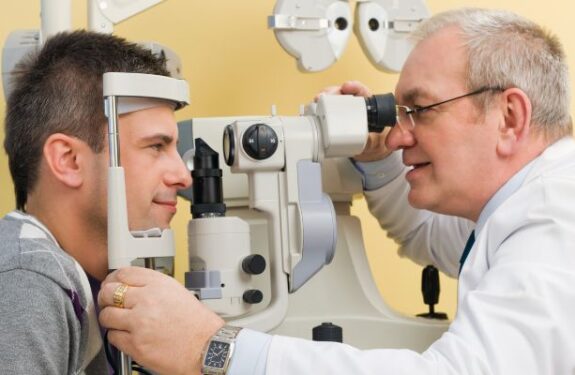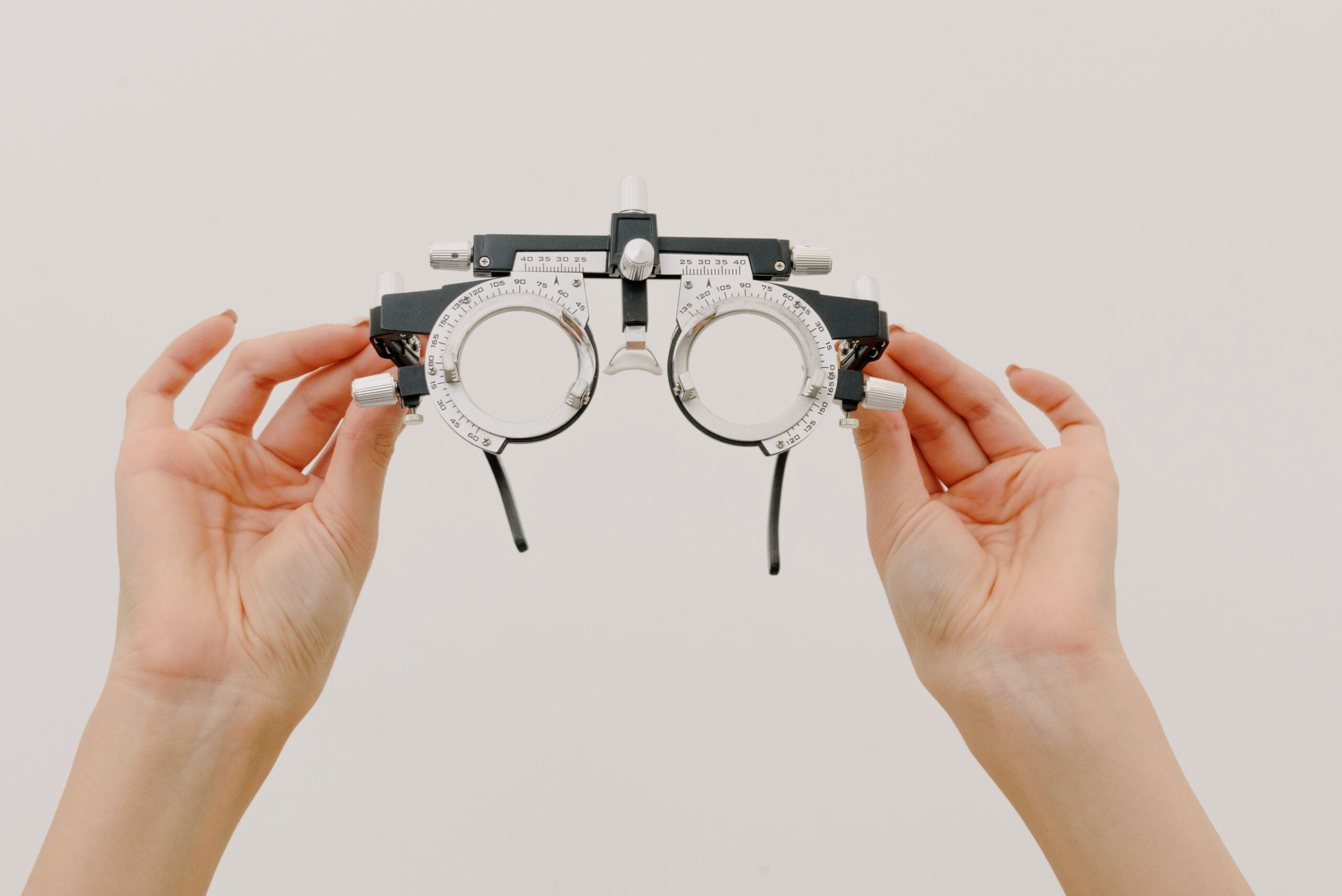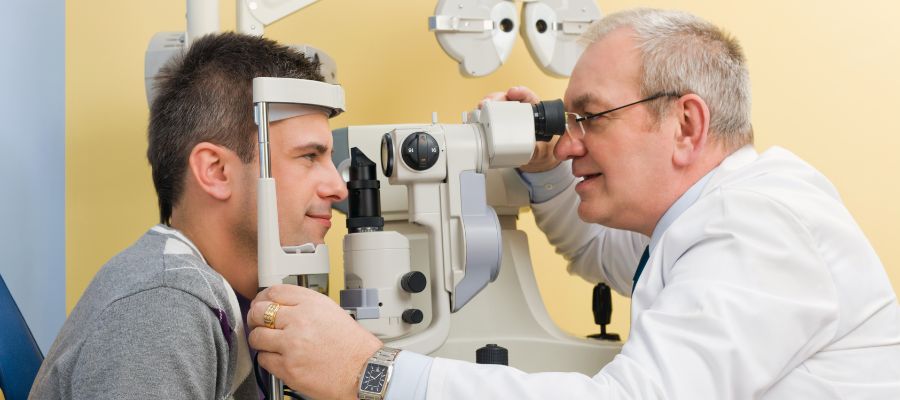Taking care of your eyes is crucial, especially as you age. At 50 Dollar Eye Guy, our friendly and professional optometrist, Dr. Joseph Tegenkamp, understands the importance of regular eye exams. We are dedicated to providing exceptional customer service and personalized care to all of our patients in Pensacola. With comprehensive eye exams, a wide range of fashionable eyewear, and top-notch vision care, we prioritize your eye health and overall well-being. Trust us to take care of your eyes and schedule an appointment with our knowledgeable staff today.

This image is property of images.pexels.com.
1. Detecting Vision Problems
regular eye exams play a crucial role in detecting vision problems and ensuring optimal eye health. By identifying any refractive errors or eye diseases early on, you can take proactive steps to address them and prevent further complications.
1.1 Identifying Refractive Errors
One of the primary goals of a comprehensive eye exam is to identify any refractive errors, such as nearsightedness, farsightedness, or astigmatism. These conditions can cause blurry vision, difficulty seeing at certain distances, and eye strain.
During your eye exam, the optometrist will perform a series of tests to determine your visual acuity and the strength of your prescription, if needed. By accurately diagnosing and correcting refractive errors, you can enjoy clear and comfortable vision.
1.2 Catching Eye Diseases Early
In addition to refractive errors, regular eye exams help in the early detection of eye diseases. Eye diseases like glaucoma, cataracts, and macular degeneration often develop gradually and may not present noticeable symptoms in their early stages.
During an eye exam, the optometrist will carefully examine your eyes for any signs of these diseases. By detecting them early, you can seek timely treatment and management to prevent further vision loss and maintain the health of your eyes.
2. Maintaining Overall Eye Health
Eye exams go beyond just assessing your visual acuity. They also evaluate the overall health of your eyes, including the function of your eye muscles and the pressure within your eye.
2.1 Evaluating Eye Muscle Function
Eye muscle function is essential for proper eye coordination and depth perception. During an eye exam, the optometrist will assess how well your eye muscles work together. Any issues with eye muscle function can affect your ability to focus, cause eye fatigue, and even result in double vision.
By evaluating your eye muscle function, the optometrist can diagnose conditions like strabismus (misaligned eyes) or amblyopia (lazy eye). Early detection of these conditions allows for appropriate treatment, potentially improving vision outcomes.
2.2 Monitoring Eye Pressure
High intraocular pressure is a significant risk factor for developing glaucoma, a potentially blinding eye disease. During your eye exam, the optometrist will measure the pressure within your eyes using a non-invasive test called tonometry.
By monitoring your eye pressure regularly, any abnormal changes can be detected promptly. Timely intervention and management can help prevent vision loss associated with glaucoma.
3. Assessing and Monitoring General Health
Eye exams not only provide insights into your eye health but can also be an indicator of your overall well-being. Several systemic health conditions can manifest symptoms in the eyes, making them visible during an eye examination.
3.1 Detecting Diabetes and Hypertension
Diabetes and hypertension are two common medical conditions that can affect the eyes. Diabetic retinopathy, a complication of diabetes, can cause progressive damage to the blood vessels in the retina. Hypertension can lead to hypertensive retinopathy, which affects the blood vessels in the retina as well.
During an eye exam, the optometrist will carefully examine the blood vessels in your retina, looking for any signs of damage or abnormalities. Detecting these conditions early allows for timely intervention and management, reducing the risk of complications.
3.2 Identifying Neurological Conditions
The eyes and the brain are closely connected, and certain neurological conditions can manifest in the eyes. During your eye exam, the optometrist will assess your eye movements, pupil responses, and visual field to screen for any signs of neurological disorders.
Conditions like multiple sclerosis or brain tumors can sometimes present with visual disturbances. Early detection of these conditions allows for appropriate referrals and coordination with specialists for further evaluation and treatment.
4. Preserving Quality of Life
Regular eye exams not only contribute to maintaining good eye health but also play a vital role in preserving your overall quality of life.
4.1 Improving Vision and Safety
Clear and comfortable vision is crucial for daily activities, including driving, reading, and enjoying hobbies. By addressing any refractive errors or vision problems identified during an eye exam, you can enhance your visual acuity and ensure safety in your everyday life.
4.2 Enhancing Work and Daily Activities
Optimal vision also plays a significant role in work performance and daily activities. If you work in a visually demanding profession or frequently use digital devices, it is essential to have an up-to-date prescription to minimize eye strain and maximize productivity.
Additionally, properly prescribed eyewear or contact lenses can enhance your visual comfort during activities like reading, watching TV, or participating in sports. Regular eye exams help ensure that you have the most suitable visual aids for your specific needs.

5. Preventing Permanent Vision Loss
Certain eye conditions, if left untreated, can lead to permanent vision loss. Regular eye exams help in the early detection and management of these conditions, significantly reducing the risk of severe vision impairment.
5.1 Early Detection of Glaucoma
Glaucoma is often referred to as the “silent thief of sight” because it can cause irreversible damage to the optic nerve without noticeable symptoms until the late stages. Regular eye exams with tonometry and other specialized tests can detect the signs of glaucoma early on.
By monitoring your eye pressure and assessing the health of your optic nerve, the optometrist can provide appropriate treatment and management to slow down the progression of glaucoma and preserve your vision.
5.2 Managing Age-related Macular Degeneration
Age-related macular degeneration (AMD) is a leading cause of vision loss in older adults. Regular eye exams with a comprehensive evaluation of the macula, such as an optical coherence tomography (OCT), can aid in the early detection and monitoring of this condition.
Early intervention, lifestyle modifications, and potential treatment options can help slow down the progression of AMD and preserve your central vision.
6. Treating and Managing Eye Conditions
Regular eye exams not only detect eye conditions but also play a crucial role in their treatment and management.
6.1 Referring to Specialists
If any significant eye conditions or abnormalities are detected during your eye exam, your optometrist may refer you to a specialist for further evaluation and treatment. This ensures that you receive the most appropriate and specialized care for your specific condition.
6.2 Prescribing Corrective Lenses or Medications
Corrective lenses, such as glasses or contact lenses, can greatly improve your visual acuity and quality of life. If needed, the optometrist can prescribe the right type and strength of lenses to address any refractive errors detected during your eye exam.
In some cases, eye conditions may require medication for treatment and management. The optometrist can prescribe medications to alleviate symptoms, reduce inflammation, or control the progression of certain eye diseases.

This image is property of images.pexels.com.
7. Adapting to Age-related Changes
As we age, our eyes undergo natural changes that can affect our vision and overall eye health. Regular eye exams help in addressing these age-related changes and providing appropriate guidance.
7.1 Addressing Presbyopia
Presbyopia is a common age-related condition that affects near vision. It occurs when the lens of the eye loses its flexibility, making it difficult to focus on close objects. During an eye exam, the optometrist can assess your near vision and prescribe suitable corrective measures, such as reading glasses or multifocal lenses.
7.2 Providing Guidance on Lifestyle Modifications
Beyond prescription eyewear, the optometrist can offer guidance on lifestyle modifications to promote optimal eye health. This may include recommendations on nutrition, UV protection, proper eye hygiene, and strategies to reduce eye fatigue from screen time.
8. Promoting Eye Health in the Community
Eye care extends beyond individual patient visits. Optometry practices, like 50 Dollar Eye Guy, play a vital role in promoting eye health awareness and education within the community.
8.1 Educating about Eye Care
Through various channels, including community events, social media, and informative articles, optometrists can educate the public about the importance of regular eye exams and overall eye health. By raising awareness, more people are encouraged to prioritize their eye health and seek timely care.
8.2 Supporting Eye Care Programs
Optometry practices can also contribute to supporting eye care programs within the community. This may involve partnering with local charities, providing free or discounted eye exams and services to those in need, or participating in initiatives aimed at preventing blindness and visual impairment.
9. Establishing Long-term Patient Relationships
Building a strong and lasting relationship with patients is a fundamental aspect of providing quality eye care.
9.1 Monitoring Eye Health Changes
Regular eye exams allow the optometrist to monitor any changes in your eye health over time. By tracking these changes, the optometrist can tailor treatment plans and management strategies accordingly.
9.2 Providing Continuity of Care
Consistency and continuity of care are important for maintaining optimal eye health. By visiting the same optometry practice, like 50 Dollar Eye Guy, for regular eye exams, you establish a familiar relationship with the optometrist and the staff. This fosters trust and a deeper understanding of your specific eye care needs.
10. Accessible and Affordable Eye Care
At 50 Dollar Eye Guy, accessibility and affordability are at the core of our mission.
10.1 Offering Affordable Exams and Services
We understand the importance of regular eye exams but also recognize the financial concerns that can arise. That’s why we strive to offer affordable exams and services without compromising on the quality of care. Our commitment is to make eye care accessible to all.
10.2 Convenience and Accessibility
With two convenient locations in Pensacola, FL, we aim to provide easy access to quality eye care. Whether you visit our office on N Davis Hwy or at our other location, our friendly and professional staff will ensure a comfortable and convenient experience.
In conclusion, regular eye exams at 50 Dollar Eye Guy are essential for detecting vision problems, maintaining overall eye health, assessing general health, preserving quality of life, preventing permanent vision loss, treating and managing eye conditions, adapting to age-related changes, promoting eye health in the community, establishing long-term patient relationships, and providing accessible and affordable eye care. Trust Dr. Joseph Tegenkamp and our dedicated team to prioritize your eye health and provide exceptional care for you and your family. Schedule your next eye exam today and experience the difference at 50 Dollar Eye Guy.

